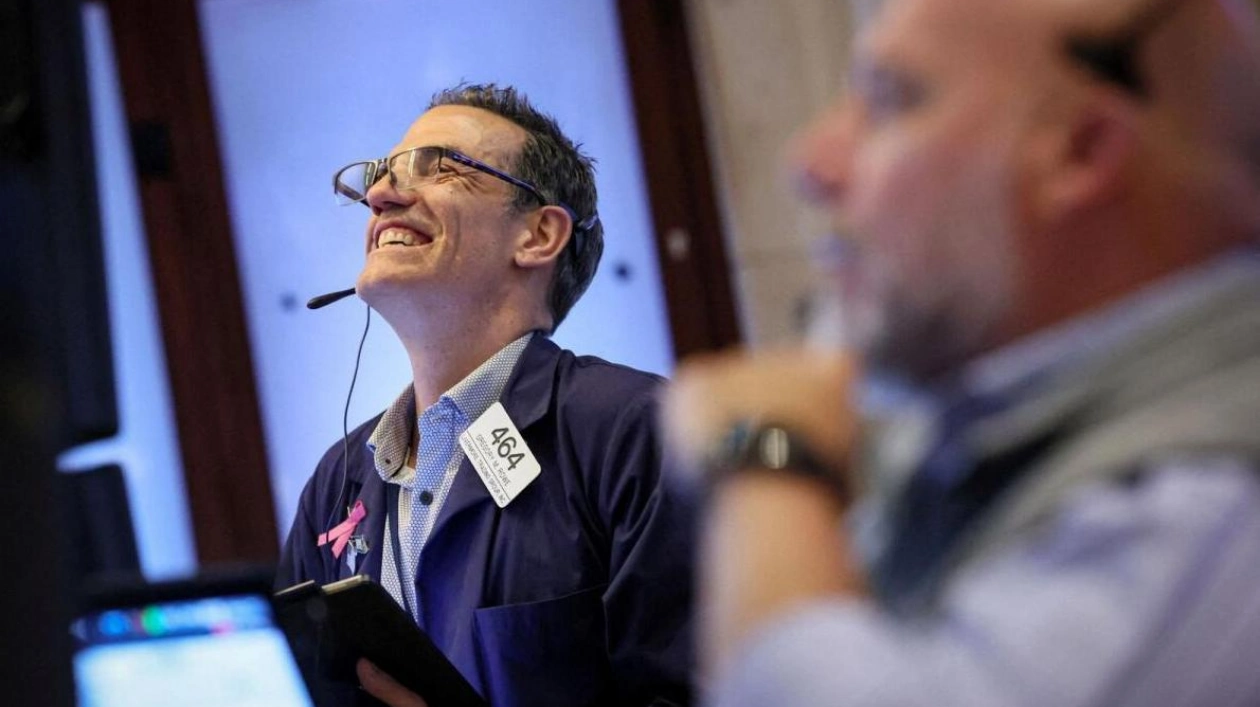Activist investors launched a record number of campaigns globally during the first half of 2024, but their success in gaining boardroom access has been limited as companies have effectively resisted, according to data from Barclays. Notable recent cases include Elliott Investment Management targeting Southwest Airlines, Starboard Value challenging Autodesk, and Jana Partners advocating for changes at Wolfspeed. This surge in activity could escalate into more expensive conflicts between activist shareholders and management over issues like leadership changes, spin-offs, and sales in the near future, say bankers, lawyers, and investors. However, factors such as potential interest rate cuts, geopolitical instability, and the upcoming US presidential election, which might alter regulatory landscapes, could complicate these corporate battles.
“We are witnessing increased activity but fewer deals, suggesting that activist investors may need to persist longer,” explained Jim Rossman, Barclays' global head of shareholder advisory. Barclays recorded 147 activist campaigns in the first half of the year, surpassing the previous record of 143 set in the first half of 2018. In the second quarter alone, 86 campaigns were initiated, maintaining this intense pace. Elliott was the most active, launching 11 new campaigns this year and investing approximately $11 billion.
Although not all campaigns aim to secure board seats, the number obtained is a reliable indicator of corporate defenses. In the first half of the year, activists secured 74 seats, a decrease from 93 in the same period last year, despite notable successes in reaching board agreements. In US proxy fights, activists achieved only 11% of the seats they sought, significantly down from 65% in 2023. Management frequently convinced shareholders that existing leaders were already on the right path and that current board members were more competent than activist nominees.
For instance, Trian Fund Management and Blackwells Capital failed to place nominees at Disney, and Crown Castle shareholders rejected Ted Miller’s bid to join the board. Last year, the average activist returned 18%, according to Hedge Fund Research, possibly attracting newcomers to corporate battles. However, returns for the first five months of 2024 have been stagnant. Despite this, seasoned activists like Elliott and Carl Icahn continue to secure board positions. Barclays data indicates that major activist hedge funds obtained 24 seats in the first half, compared to 29 in all of 2023. Efforts to effect change at tech firms, such as Sachem Head Capital Management’s successful entry into Twilio’s board, remain prevalent. However, there is a noticeable shift towards industrial companies among some investors.






